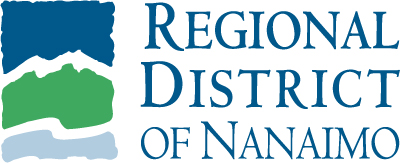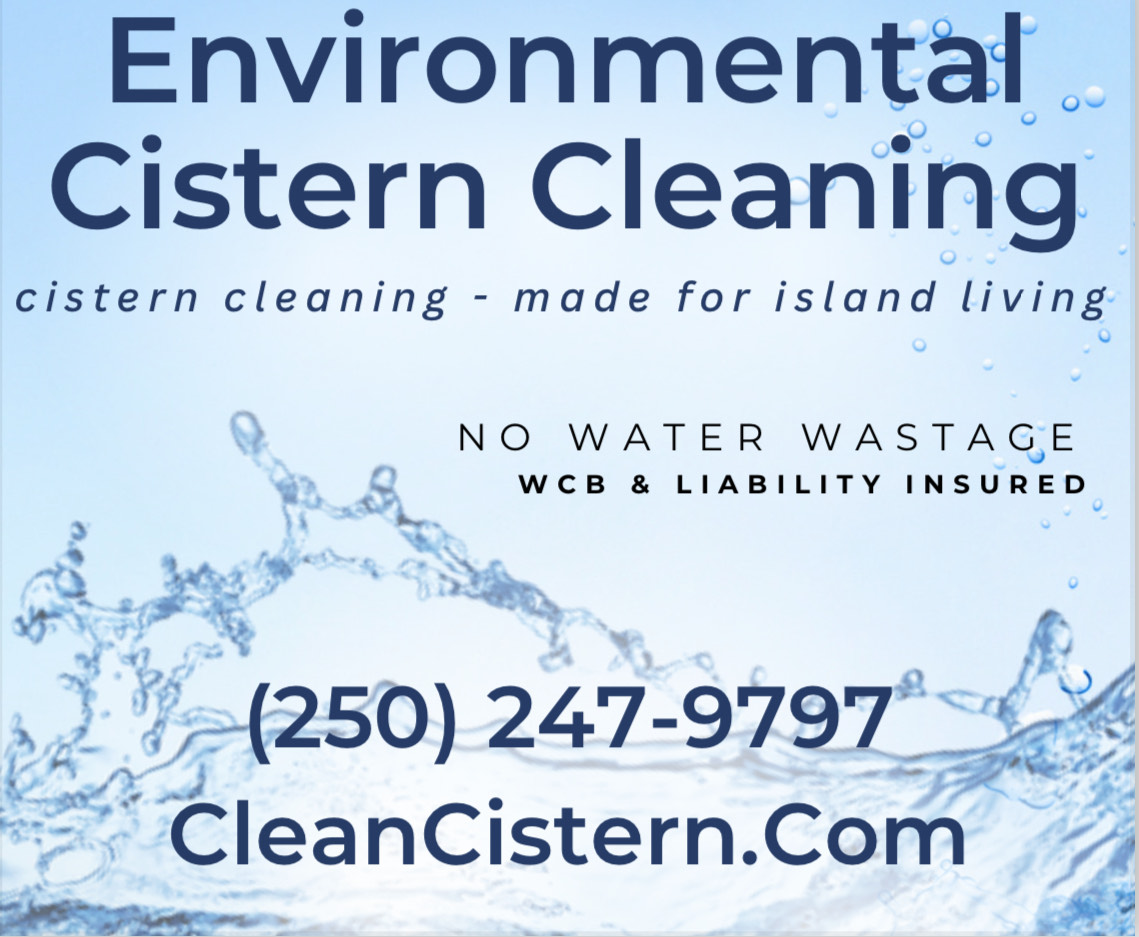Rachelle Stein-Wotten
Local Journalism Initiative Reporter, Gabriola Sounder
In an effort to extend the life of the regional landfill, the Regional District of Nanaimo will rent a waste shredder and excavator for six months at a cost of $650,000.
Directors approved the rental at their July 11 board meeting.
A recent analysis from January estimates the regional landfill in Cedar has an approximately 20-year lifespan remaining. The southeast expansion of the landfill is planned to begin in 2026, which the RDN says will allow the landfill to extend vertically to its final proposed height. As of this year, there are roughly four years of airspace remaining before the RDN will transition to dumping waste in the new section.
On average, the RDN receives 60,000 tonnes of material annually. But the COVID-19 pandemic has brought a rise in consumer goods, construction, deconstruction and renovation exceeding market predictions, the RDN says: in 2022, it received 79,000 tonnes of material.
While the RDN expects that trend to level out over the next few years, the waste shredder is expected to help increase compaction of waste, freeing up more space in the landfill. A trial rental conducted in January increased the compaction rate from 0.93 tonnes/m3 to 1.30 tonnes/m3. With shredding in place as a regular practice along with a recently installed GPS system that helps optimize compaction on the onsite waste compactor, staff estimate the lifespan of the landfill could be extended an additional 10 years or longer.
Directors also approved continuing to accept waste from cargo and cruise ships, anchored or working alongside Nanaimo shipping terminals, for a tipping fee. The RDN initially began accepting the waste, which is categorized as international waste and licensed by the Canadian Food Inspection Agency and enforced by the Canadian Border Security Agency, in 2021 for a two-year term following a request from Tymac Launch Services Ltd and the Nanaimo Port Authority.
According to the RDN, the regional landfill is one of only three landfills in B.C. that are licensed to accept international shipping waste. “High-risk” international waste is required to be handled differently than municipal waste. The RDN says it has accepted one load of high-risk international waste since the landfill was licensed, weighing approximately 600 kg.
“The tipping fees for high-risk international waste were calculated to ensure accurate cost recovery, and to encourage the material to continue to flow along existing pathways to established locations with lower tipping fees,” a staff report says. Low-risk international waste has also been accepted but is not required to be tracked in the same way as high-risk material.





Recent Comments